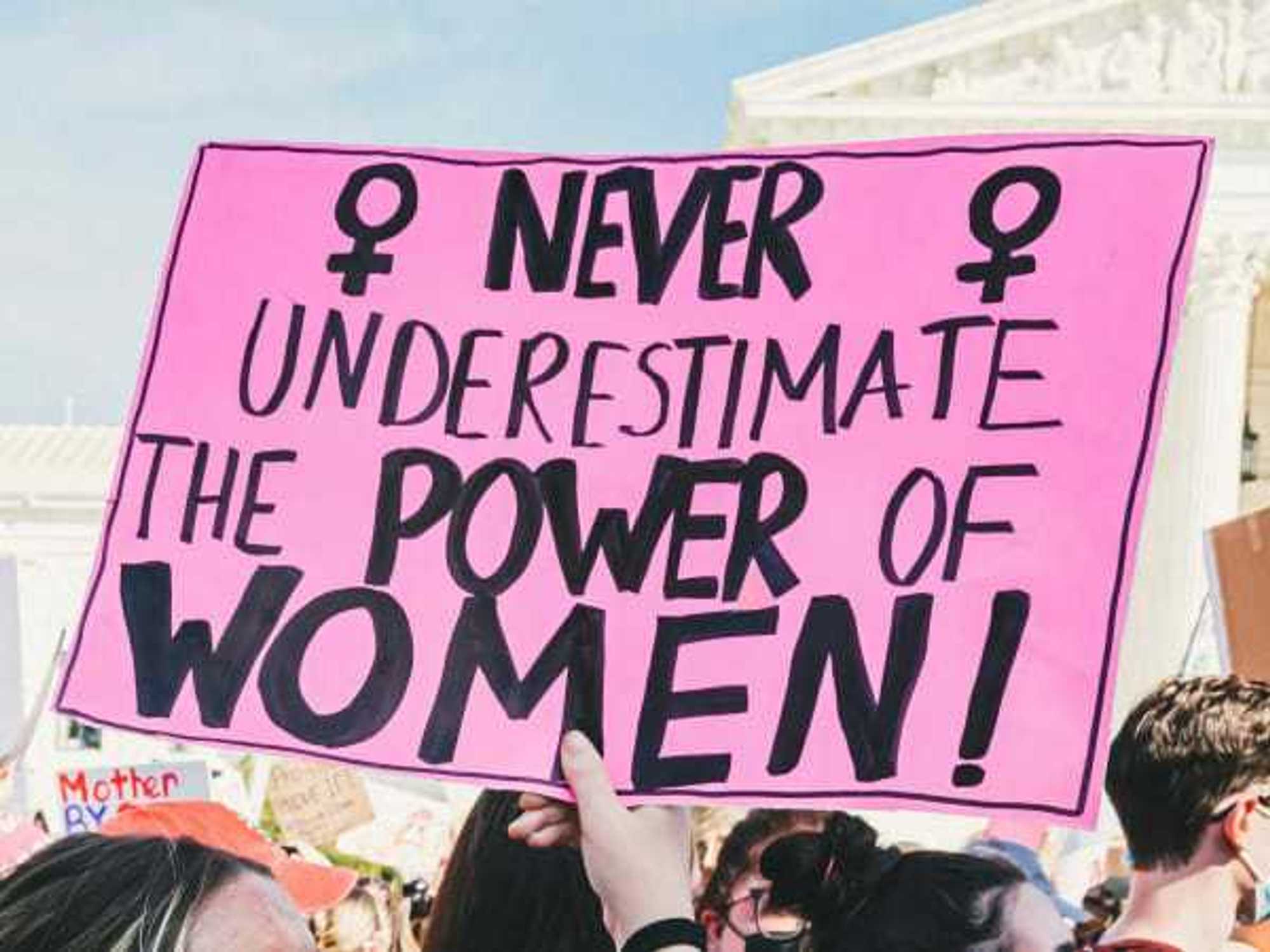City News
Austin’s controversial ban on homeless camping passes in May election

KVUE — In the days leading up to the May 1 election, Austin voters had the chance to vote on eight propositions that could have lasting impacts across the city.
Nearly 67,000 people voted on Election Day, with more than 100,000 early voting and nearly 3,500 voting by mail.
Here’s a look at which propositions passed, which propositions failed, and what that means for the future of Austinites.
Proposition A
Firefighters union charter amendment between City of Austin and the Austin Firefighters Association
Ballot language:
“Shall the City Charter be amended to give the Austin Firefighters Association, Local 975 of the International Association of Fire Fighters, the authority to require the City to participate in binding arbitration of all issues in dispute with the Association if the City and the Association reach impasse in collective bargaining negotiations?”
Proposition A passed. That means if the Austin Firefighters Association and the City of Austin reach an impasse, or a “deadlock,” in collective bargaining negotiations, then either side will have the ability to force labor negotiations into binding arbitration.
Proposition B
Reinstating the homeless camping ban ordinances
Ballot language:
“Shall an ordinance be adopted that would create a criminal offense and a penalty for sitting or lying down on a public sidewalk or sleeping outdoors in and near the Downtown area and the area around the University of Texas campus; create a criminal offense and penalty for solicitation, defined as requesting money or another thing of value, at specific hours and locations or for solicitation in a public area that is deemed aggressive in manner; create a criminal offense and penalty for camping in any public area not designated by the Parks and Recreation Department?”
Proposition B passed, meaning local leaders will reinstate the City’s camping ban. The ban will make it illegal to camp in certain places, to sit or lie on public sidewalks or outdoors in certain areas, and to panhandle at night.
Proposition C
Process of appointing the director of police oversight
Ballot language:
“Shall the city charter be amended to allow for a Director of Police Oversight to be appointed or removed in a manner established by City Council ordinance, with duties that include the responsibility to ensure transparency and accountability as it relates to policing?”
Proposition C passed, allowing the city council to create rules for appointing the director of police oversight through an ordinance.
Proposition D
Changing the dates of Austin mayoral elections
Ballot language:
“Shall the City Charter be amended to transition the election for mayor from gubernatorial election years to presidential election years, providing that the mayor elected in 2022 will serve a 2-year term and then mayoral elections will occur on the same date as presidential elections starting in 2024?”
Proposition D passed, changing the mayor’s election dates from gubernatorial years to presidential years. The mayor elected in 2022 will serve a two-year term and be up for re-election in the 2024 presidential election year. The mayor elected in 2024 will then begin serving a full four-year term.
---
To see the full story, including updates, head to KVUE News.
